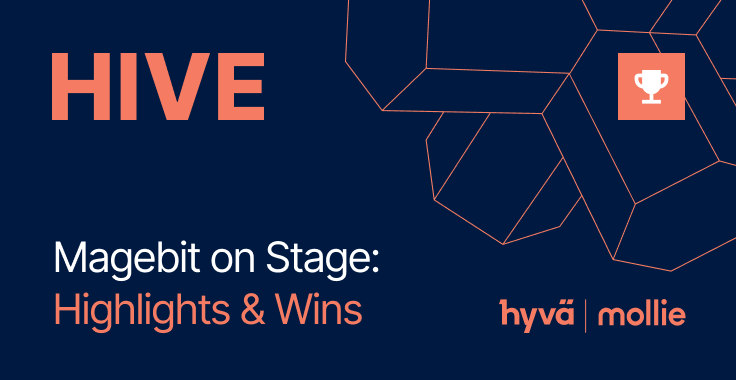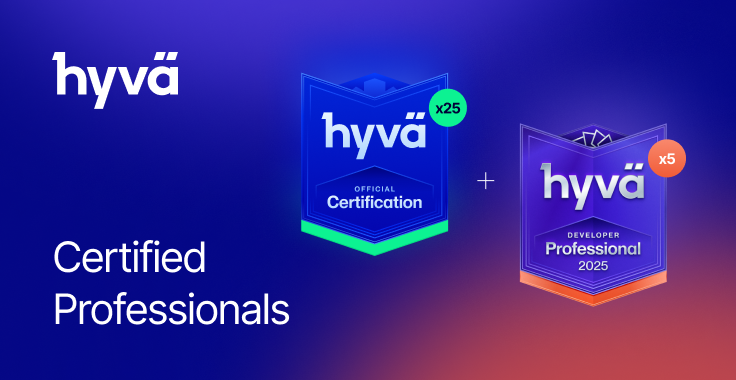Agile is often seen as a framework for IT and digital teams. Yet the principles behind it – adaptability, transparency, collaboration, and delivering value – are relevant far beyond technology.
Earlier this year, our Agile Coaches had the special opportunity to lead a day of learning at the Baltic Defence College in Tartu, a NATO-accredited training facility. The session brought together over 80 senior officers from different countries and military organizations, and the results showed that Agile truly can fit every industry.

Learning the Agile Way
Instead of a traditional lecture, we followed the Agile approach to learning. That meant combining short theory blocks with practical exercises, teamwork, and reflection. The atmosphere quickly turned collaborative, with officers working side by side to experiment with new methods and tools.
Agile thrives when people experience it, not just hear about it. That mindset shaped our session and created space for real discovery.

From Commerce to Command: Why Agile Principles Matter
While daily challenges in defense are far removed from digital commerce, the underlying need to manage complexity is the same. We started with the basics:
- Agile values and principles – flexibility, learning from feedback, and delivering value early.
- Frameworks – Scrum and Kanban as practical ways to organize teamwork.
- Lean thinking – focusing on cutting waste and improving efficiency.
At Magebit, these practices help us deliver award-winning e-commerce solutions that have helped us land the title of the #1 Magento agency in the world in 2025. For military leaders, they offered new ways to think about resource management, project scope, and decision-making.
Breaking Misconceptions About Agile
One officer shared a common saying: “Agile project management is when you request a tank and end up with a plane.” That phrase captures a widespread misconception: that Agile means no agreements, no structure, and unclear goals.
Our coaches explained that Agile keeps structure and agreements in place. What changes is how teams respond when conditions shift. According to the Project Management Institute, a key benefit of Agile is the ability to adapt to changing priorities. In other words, instead of being locked into outdated plans, Agile creates space to adjust without burning extra time or resources.
A simple analogy is a SWAT team: they have a clear mission, agreed tactics, and defined roles, yet they adapt instantly to changing conditions on the ground. That same balance of structure and flexibility is what Agile brings to organizations of any size.
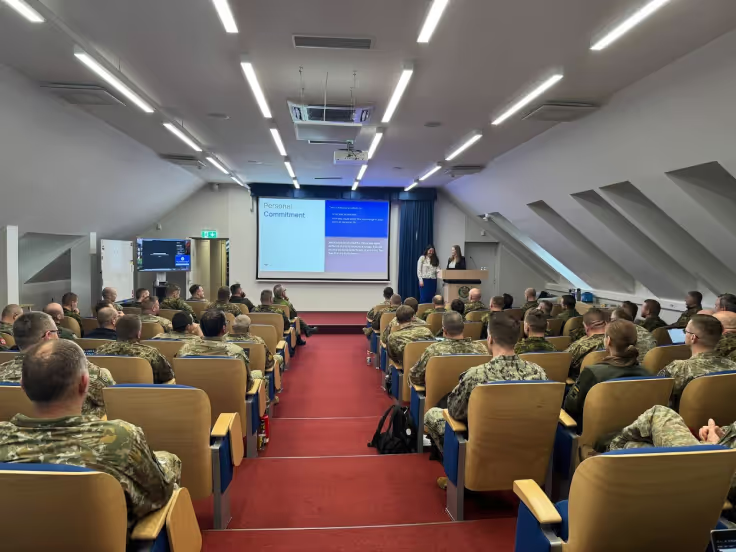
Agile Practices That Translate Everywhere
Several participants admitted they had never imagined Agile being applied outside IT. Through conversations and exercises, we explored practices that work equally well in defense:
- Iterative approach – breaking big goals into manageable steps.
- MVP (Minimum Viable Product) concept – focusing on the most important deliverables first.
- Flow performance metrics – measuring how work moves through a system.
- Backlog management – breaking down large tasks into smaller, prioritized items.
- Relative estimation – comparing tasks to size them up quickly.
These practices shift thinking from rigid planning to dynamic adjustment, which is exactly what high-stakes environments demand.
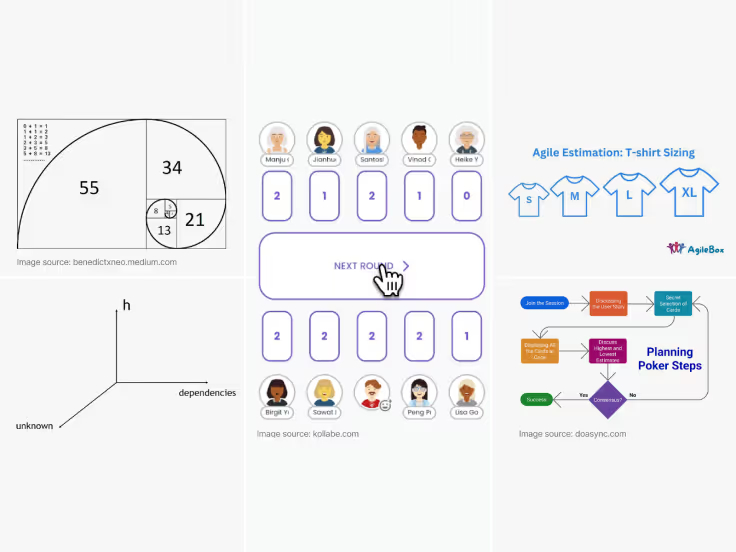
The Final Challenge: Designing a Military AI Tool
To close the session, officers worked in groups to design a project sketch for an AI-powered tool that could integrate multiple internal databases: finance, soldier structure, missions, vacation planning, and food plans. Using Agile methods, teams:
- Created a backlog with clear features
- Prioritized the most valuable items
- Outlined the first iteration
- Estimated the effort needed for different work items
By treating a complex system step by step, participants saw how Agile could bring structure to even the most ambitious defense projects.
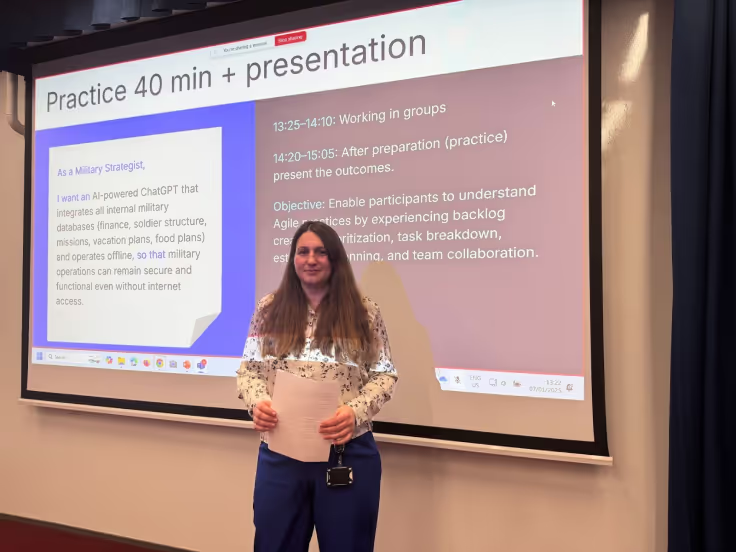
Looking Ahead
At Magebit, Agile is not just a framework - it’s our way of working. It helps us stay flexible, deliver value consistently, and form long-term partnerships with our clients. The positive energy we experienced at the Baltic Defence College reinforced something we deeply believe: Agile is for everyone.
If your teams face constant change, high complexity, or the pressure to deliver faster, Agile can unlock new clarity. And if you are in e-commerce, Magebit is ready to support you with both Agile expertise and digital solutions.
Ready to transform your projects? Contact us today to start the conversation.




